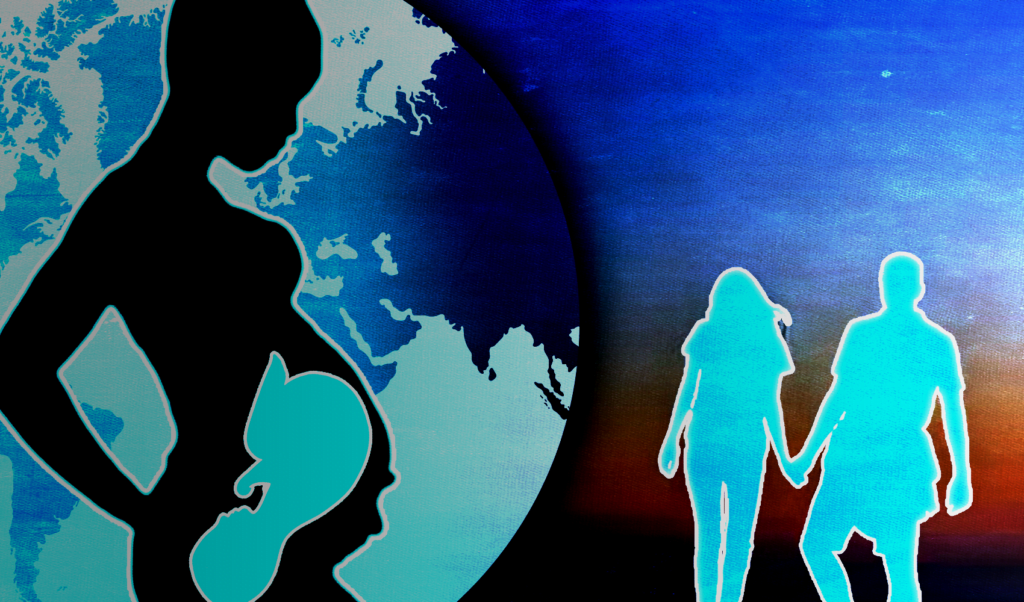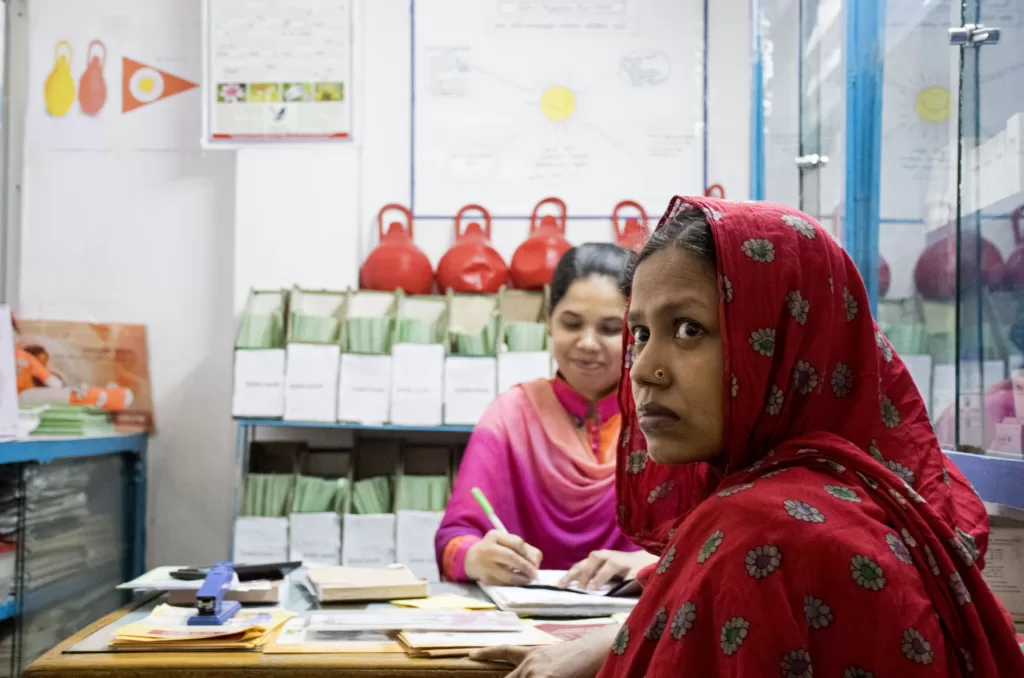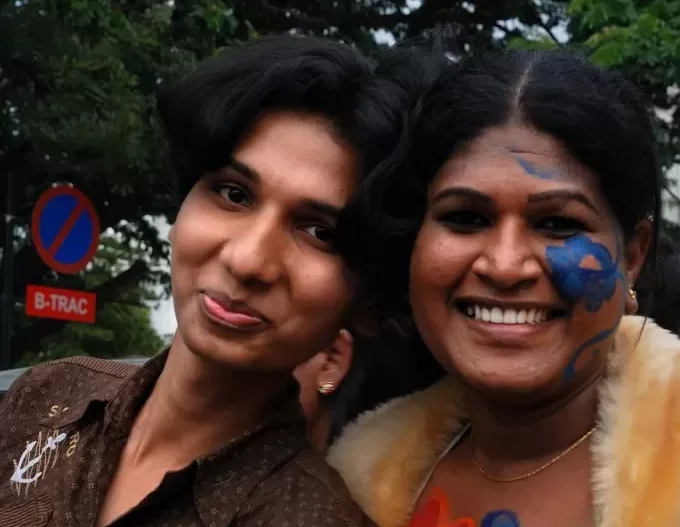Surrogate children to single men face no more chance of emotional trauma than any other children.
 It’s important to promote visibility of single-father families, as prejudice can have adverse impacts on single fathers and father-child relationships. : Juliane Liebermann via Unsplash Unsplash Licence
It’s important to promote visibility of single-father families, as prejudice can have adverse impacts on single fathers and father-child relationships. : Juliane Liebermann via Unsplash Unsplash Licence
Surrogate children to single men face no more chance of emotional trauma than any other children.
Single men can choose to be biological parents through surrogacy — through egg donation and embryo implantation — and forge a biological bond with their child without having a partner.
Apart from various government laws surrounding surrogacy, they face a range of challenges including higher costs and availability of embryos.
And despite the social evolution of recent decades, there are still many negative attitudes toward surrogacy in most societies, especially in more conservative and religious areas.
However, systematic research indicates children of single fathers created by surrogacy function well and variations in children’s psychological adjustment are more linked to family processes than family structure.
This means there is no reason to believe that children raised by single fathers through surrogacy face any increased emotional risk.
They may actually experience emotional advantages due to their family formation.
In fact, surrogacy carries no more risks or harms to family functioning, parent–child relationships, psychological wellbeing, and emotional development of the child than other types of family formation.
Therefore, single men should not be banned from accessing medically assisted reproduction procedures.
That being said, it is vital that society promote visibility of single-father families, as microaggressions based on prejudice have been shown to have adverse impacts on single fathers and father-child relationships.
Increasing visibility and combating prejudices will therefore result in more positive outcomes for single-father families created by surrogacy.
It’s also important to support policies that make medically assisted reproduction accessible to single men in countries where surrogacy is legal or more common.
Training health professionals to recognise personal bias against single men seeking to access medical assisted reproduction can also help remove barriers.
The social scripts associated with the narratives of what it means to be a single man who wants to become a father through surrogacy requires a new understanding and conceptualisation of what family, body, and fatherhood means, creating a greater multidimensionality and openness compared with traditional categories.
Medically assisted reproduction does not just involve reproductive technologies; it also includes human technologies that embody human existence and what it means to procreate.
There is no single right or best path to procreation, and single men have the right to feel respected and legitimate in their decision to become parents through surrogacy.
The meaning of being a single father through surrogacy is a social identity construction related to the personal contribution of a man’s parental desires, and family extension.
His choice is legitimate, autonomous, and resilient in the face of dominant models of parenting and masculinity, as it is based on attachment, commitment, and interdependence with their children and not on gender, couplehood or parenthood.
Creating social visibility for single fathers through surrogacy is also a form of social change that could facilitate the deconstruction of traditional views of the concept of family which has implications for social and health policies.
Legitimising single men’s parenting through surrogacy is an affirmation of their freedom of choice, stepping out of their personal sphere and creating positive models that allow other single men to make informed future choices about their parenting decisions.
Henrique Pereira is a clinical psychologist, a specialist in clinical and health psychology and sexology, and an associate professor of clinical psychology and sexuality at the Universidade da Beira Interior, Covilhã (Portugal), Department of Psychology and Education. He holds a doctorate in clinical psychology, and a Master’s degree in health psychology. He develops work and research in the fields of psychology, sexuality, health, human development and aging. He is a member of The Health Sciences Research Center (CICS-UBI), Portugal, and The Research Center in Sports Sciences, Health Sciences and Human Development (CIDESD), Portugal.
Originally published under Creative Commons by 360info™.










